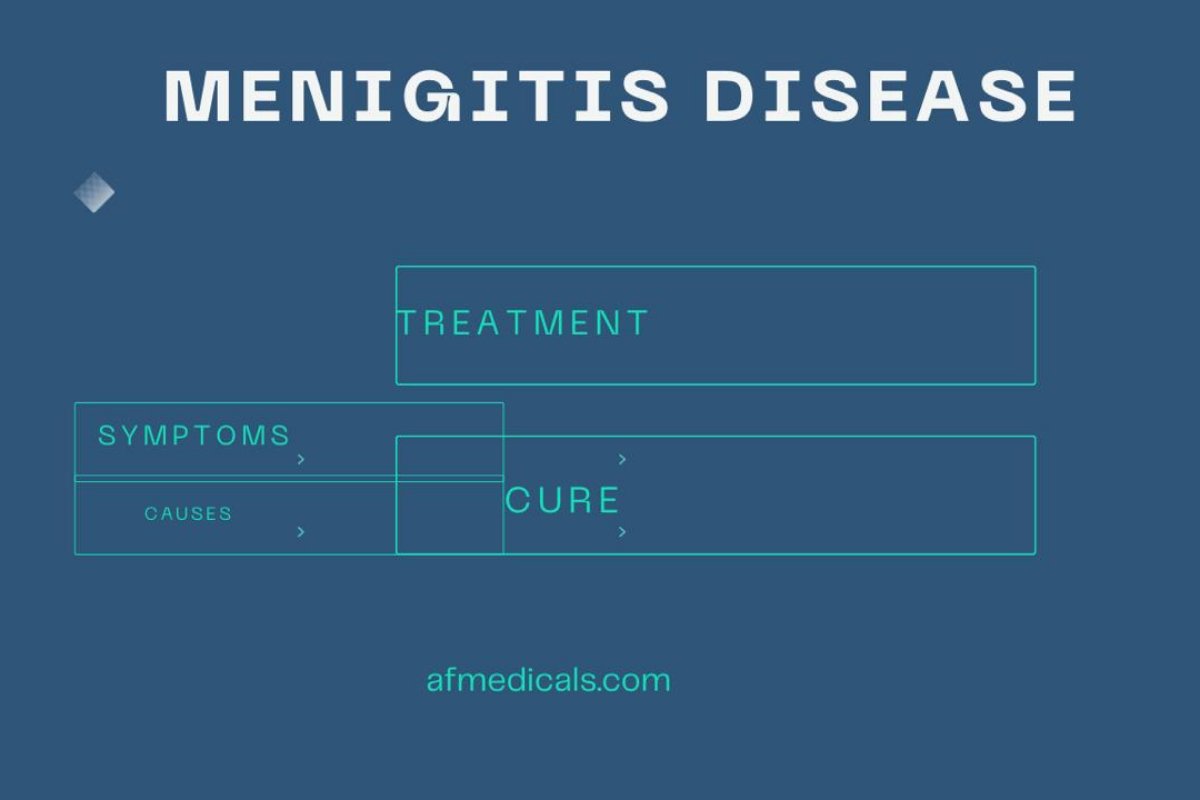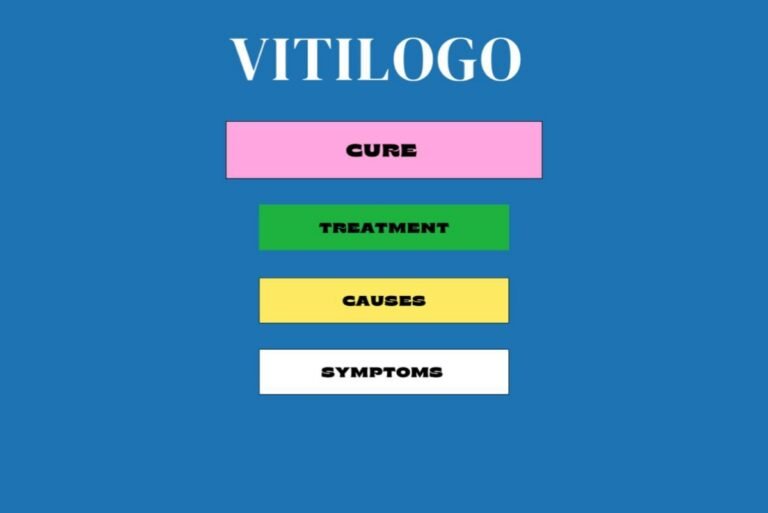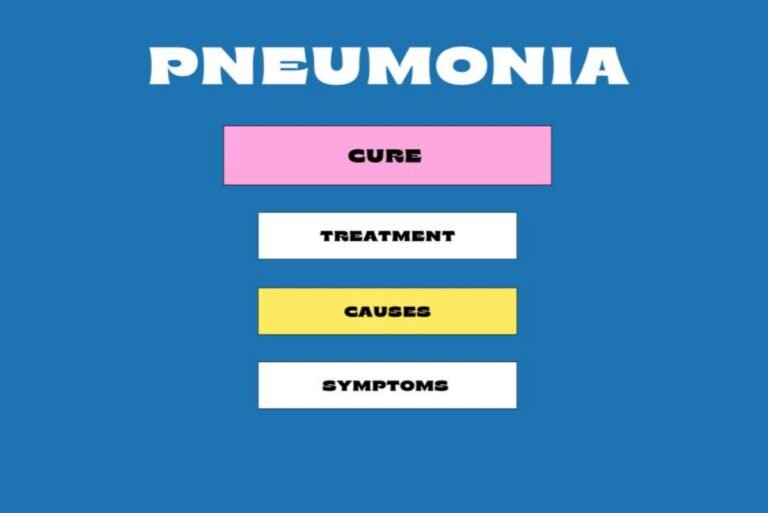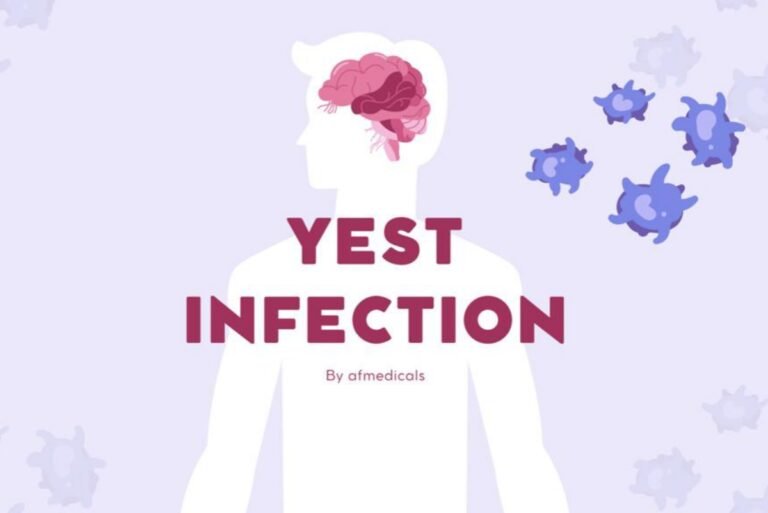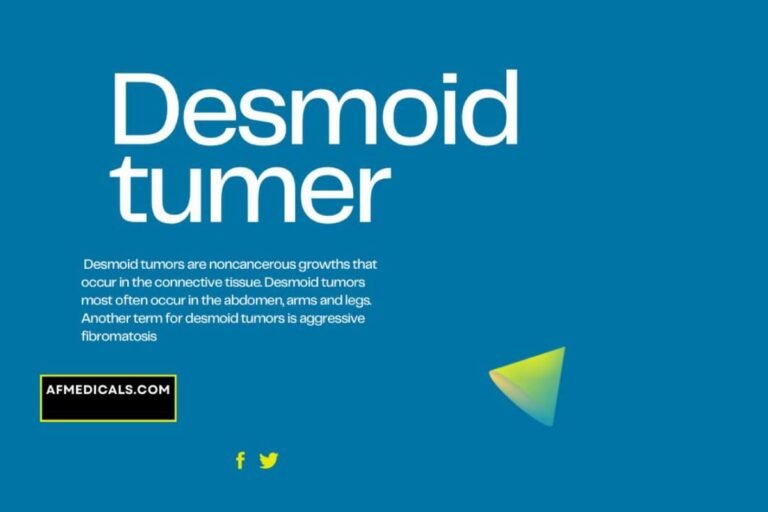Meningitis Unmasked: A Comprehensive Exploration:
Meningitis Unmasked: A Comprehensive Exploration:
Meningitis may be a essential and conceivably life-threatening condition characterized by the exacerbation of the layers (meninges) including the brain and spinal rope. This comprehensive article jumps into distinctive highlights of meningitis, tallying its sorts, causes, side impacts, conclusion, treatment, anticipation, and long-term impacts.Our point is to provide a broad understanding of meningitis to upgrade mindfulness and advance early discovery and treatment.
- Table of Contents
- 1. Overview
- 2. Classification of Meningitis
- 1.1 Viral Meningitis
- 1.2 Bacterial Meningitis
- 1.3 Fungal Meningitis
- 1.4 Additional Varieties
- 3. Etiology and Risk Determinants
- 4. Manifestations
- 5. Identifying Meningitis
- 6. Therapeutic Approaches
- 7. Strategies for Prevention
- 8. Chronic Outcomes and Sequelae
- 9. Management of Life with Meningitis
Introduction
Meningitis is a pressing restorative condition that requires prompt consideration. The aggravation caused by meningitis can lead to indications extending from fever and cerebral pain to more serious results such as seizures and coma. Understanding the different sorts of meningitis and their individual causes is vital for compelling anticipation and treatment.
Types of Meningitis
Viral Meningitis
Viral meningitis is the foremost common and routinely the scarcest extraordinary frame of meningitis. It is frequently caused by enteroviruses, but other diseases such as the mumps, HIV, and herpes contamination can moreover lead to this condition.Side effects are by and large mellow, and most individuals recuperate without treatment.
Bacterial Meningitis
Bacterial meningitis is more extreme than viral meningitis and can result in changeless inadequacy or passing in case not treated immediately. Streptococcus pneumonia, Neisseria meningitis, and Hemophiliacs influenza sort b are among the infinitesimal life forms that can cause this frame of meningitis.
Fungal Meningitis
Fungal meningitis is less common and, as a rule, happens in people with debilitated safe frameworks. It is caused by life forms spreading through blood to the spinal line. Cryptococcus species are a common cause of parasitic meningitis.
Other Types
There are other, less common sorts of meningitis, such as parasitic and non-infectious meningitis, the final said of which can result from conditions like cancer, systemic lupus erythematosus, or certain drugs.
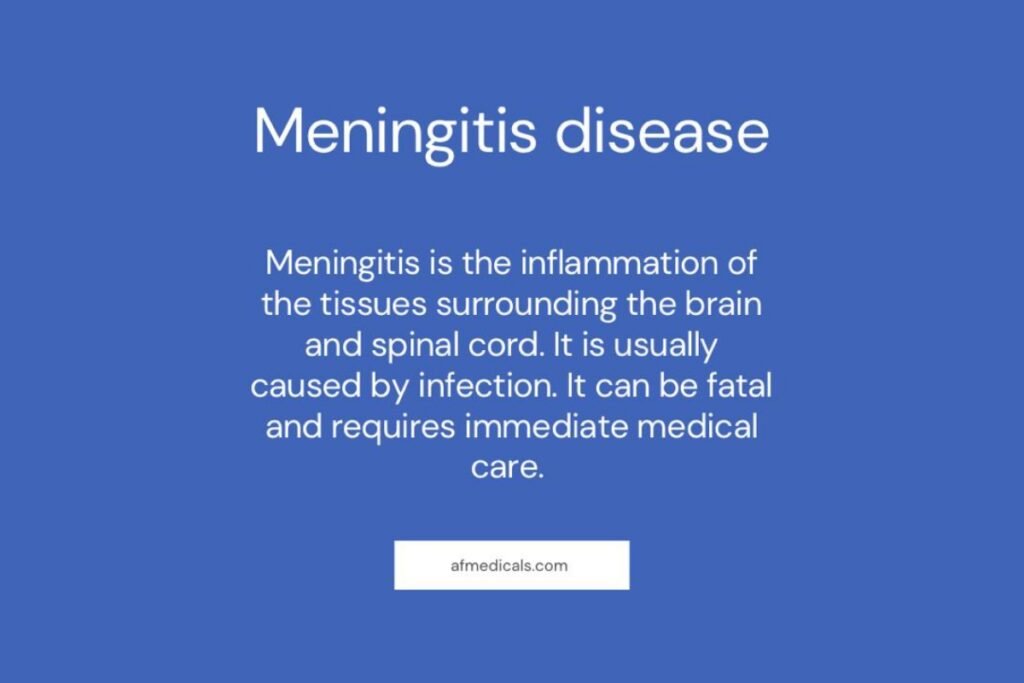
Causes and Risk Factors
The causes of meningitis change depending on the type. Whereas microorganisms like infections, microbes, and parasites are the essential offenders, certain chance variables can increase the probability of creating meningitis. These incorporate age (with newborn children and youthful children at higher risk), living in communal settings, compromised resistant frameworks, and certain restorative methods.
Symptoms
Side effects of meningitis can develop rapidly and regularly within hours or days and may include fever, migraine, firm neck, sickness, heaving, disarray, affectability to light, and dormancy. In extreme cases, seizures and comas can happen. Quick therapeutic consideration is pivotal in recognizing these indications.
Diagnosis
Diagnosing meningitis includes a combination of clinical assessment, research facility tests, and imaging considerations. The lumbar cut (spinal tap) is the authoritative test for meningitis, permitting the investigation of cerebrovascular fluid to recognize the cause of aggravation.
Treatment
Treatment depends on the type of meningitis. Viral meningitis may resolve its claim, whereas bacterial meningitis requires critical anti-microbial treatment. Parasitic meningitis is treated with anti fungal medicines. Steady care is additionally imperative to oversee indications and anticipate complications.
Prevention
Preventative measures against meningitis incorporate immunizations, particularly against bacterial causes like Neisseria meningitis, Streptococcus pneumonia, and Hemophiliacs influenza sort b. Keeping up great cleanliness and dodging near contact with debilitated people can also offer assistance in avoiding viral meningitis.
Long-term Effects and Complications
Meningitis can have long-term impacts, especially on the off chance that it is not treated expeditiously. These may incorporate hearing misfortune, memory challenges, learning in capacities, brain harm, and seizures. Early location and treatment are essential to minimizing these potential results.
Living with Meningitis
Recovering from meningitis can be a long handle. Support from healthcare providers, family, and support bunches can offer help in managing the physical and eager challenges that will rise.Restoration administrations may be fundamental for those encountering noteworthy complications.

